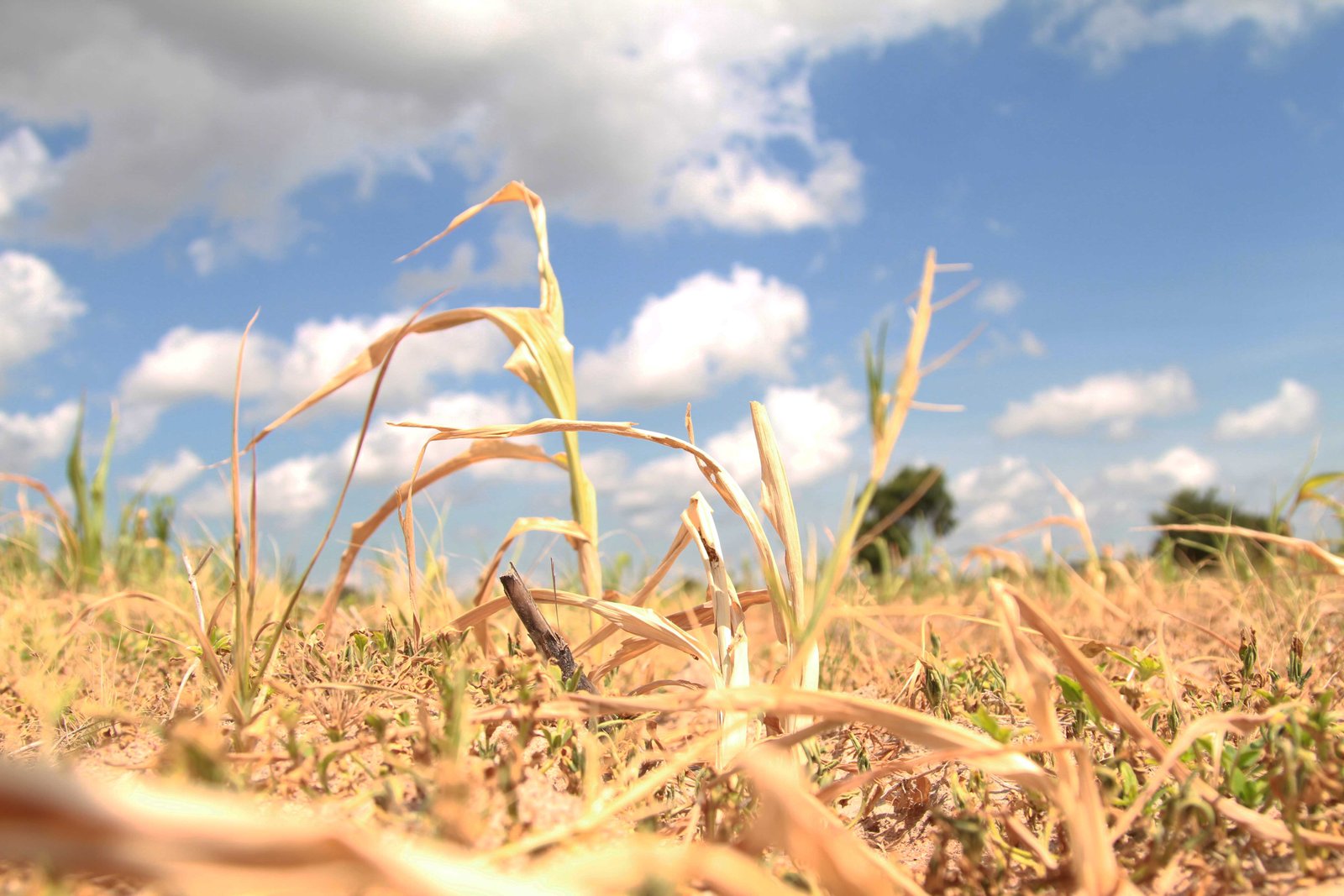
As the spectre of El Niño-induced dryness looms large over Southern Africa, the agricultural sector faces a perilous decline in grain harvests, according to the Agriculture Business Chamber (agbiz). Nations such as South Africa, Zambia, and Zimbabwe are bearing the brunt of this environmental challenge, with profound implications for food security and livestock well-being.
By Wilson Waison
Zimbabwe, in particular, reports a grim scenario, with over 9,000 drought-related cattle deaths and more than 1.4 million cattle deemed at high risk due to the scarcity of pasture and water. Wandile Sihlobo, Chief Economist at Agbiz, notes that nearly a million hectares of maize have succumbed to the ravages of drought in the region, placing significant strain on Zimbabwe's grain production.
"At the start of this year, reports indicated that roughly 2.7 million Zimbabweans faced potential hunger due to the impact of drought on their summer grain fields," said Sihlobo.
In response, the Zimbabwean government had planned to import 1.1 million metric tons of maize to alleviate food insecurity. Despite acknowledging the challenges the El Niño phenomenon poses, the government remains resolute in its commitment to feed the population.
During a recent post-cabinet session, Minister of Information and Broadcasting Services Jenfan Muswere emphasized the government's focus on food security. Muswere stated, "The nation is informed that the country's 10,600 dams can irrigate 2 million hectares, yet only 217,000 hectares have functional irrigation, and some 72,000 hectares were planted under irrigated maize in the 2023/2024 season."
Muswere outlined an ambitious plan to enhance irrigation infrastructure, particularly in accelerating rehabilitation and development initiatives. The government has increased irrigation by 10,000 to 15,000 hectares annually since 2020, up from 2,000 to 3,000 hectares before this initiative. Additionally, over 57,000 boreholes drilled by the Rural Infrastructure Development Agency and the Zimbabwe National Water Authority are under assessment to expedite improvements.
Zambia is grappling with its own severe drought, with President Hakainde Hichilema declaring it a national disaster and emergency on February 29. The Crop Estimates Committee (CEC) expressed concerns about a potential decline in summer grains and oilseed harvests. In its first production estimate for the 2023/24 season, the committee projected a harvest of 17.4 million tonnes, down 13% year-on-year, according to agbiz reports.
As Southern Africa battles the impact of this environmental crisis, nations are faced with the urgent task of mitigating its far-reaching consequences on agriculture, food security, and livelihoods.
12th Floor, Fidelity Life Towers 7 Reighly Street,Harare
(263) 776 517 766
admin@sourcesmedia.com